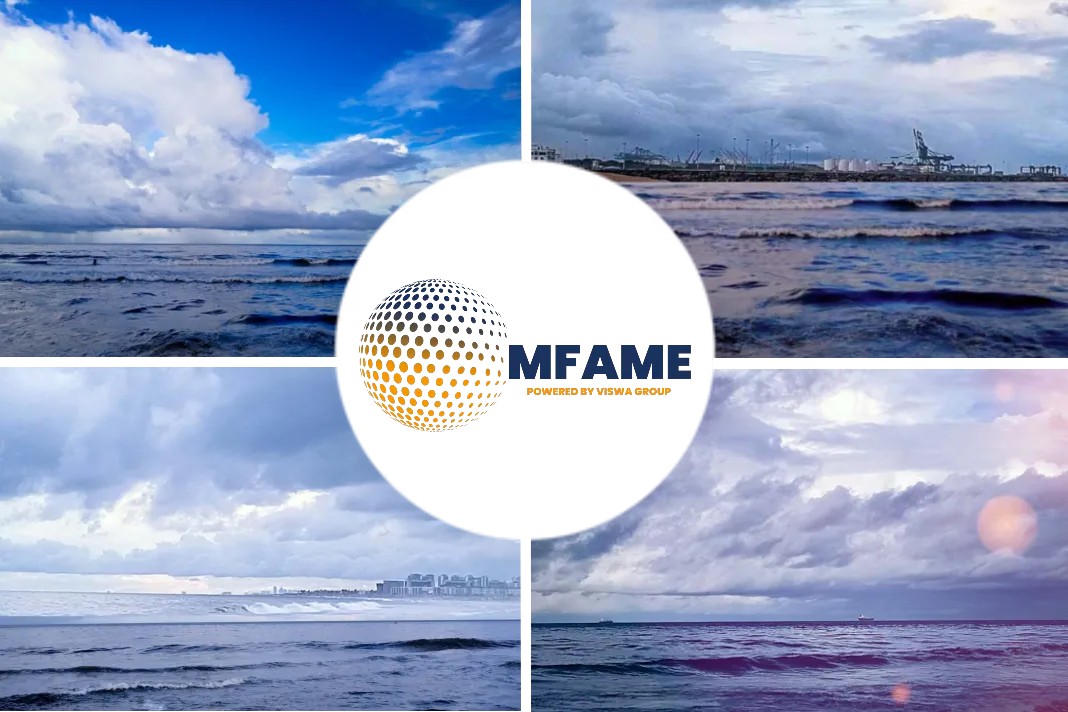
Maritime transport has become central to international trade and the world economy. It is estimated that 90,000 marine vessels are used to transport 90% of goods carried by sea. As these vessels consume fossil fuels like road vehicles and emit up to ~3% of global anthropogenic emissions, the pressing question is how these traditional vessels can be redesigned to become more efficient and less polluting, from CO2, CO2-equivalent, and air quality perspectives, reports Tech Xplore.
Cambridge CARES and maritime decarbonization
Prof Epaminondas Mastorakos of the University of Cambridge is the Principal Investigator in the area of maritime decarbonization in the Carbon Reduction in Chemical Technologies (C4T) program hosted by CARES and supported by the National Research Foundation, Singapore.
His research group considered that alternative-fuel-propelled ships would have different volume and mass requirements. For example, ammonia has a smaller calorific value than fossil fuel oil; hence, a larger mass of ammonia fuel is needed to give the same propulsion energy, which would come at the expense of cargo.
Considering these parameters, the calculators on lowcarbonship.com consist of:
- Ship Performance Calculator and Marine Fuel Comparison which assesses ship performance against various alternative fuels when compared to conventional HFO; and
- Ship Sizing Calculator which provides the different volume and mass requirements for a vessel as different cargo and alternative fuels are chosen
Prof Mastorakos adds, “By building this free-to-use online calculator, we open these issues to a wider discussion and we hope it will serve as a focal point to collect information and finalize the various assumptions inherent in the estimations needed.”
Building lowcarbonship.com
Dr. Li Chin Law, Research Engineer at CARES, began working on a numerical assessment of the potential of alternative fuels in 2021. She adds that the biggest challenge was data acquisition as there were limited data and resources available on different fuels.
Working with Prof Mastorakos, they took a step forward with the initiation of lifecycle assessment by digitally simulating the processes from fuel production (Well-to-Tank, WTT) up to the fuel consumption (Tank-to-Wake, TWW) phases. The results of the assessment were reported in a paper published in Energies comparing alternative fuels for shipping in terms of lifecycle energy and cost.
The outcomes from the lifecycle assessment exercise provided Dr. Law with reliable data for fleet-level assessment which started a year later. The impact of fuel types on a ship’s performance in cargo delivery was successfully quantified in another paper, also published in Energies, which estimated the decarbonization potential of alternative fuels for shipping using vessel type, cargo, and voyage as functions.
Dr. Law considers that “the combination of these results became the catalyst for the development of the online calculator.”
The future of lowcarbonship.com
As Singapore is one of the busiest ports in the world with over 140,000 vessels stopping by each year, we believe that CARES is strategically located and facilitated by world-class collaboration with the University of Cambridge to launch this website.
A wide range of stakeholders in Singapore and around the world could test the website and obtain useful results—engineers who design future ships, shipowners who might want an independent estimate of cargo loss due to switching to a low-carbon fuel, and anyone interested in the estimated carbon footprint of shipping vessels.
Prof Mastorakos concludes that “we believe that tools such as this are useful for anyone considering the energy penalty and carbon benefits of future fuels.”
Did you subscribe to our daily Newsletter?
It’s Free! Click here to Subscribe
Source: Tech Xplore
















thank you for the information